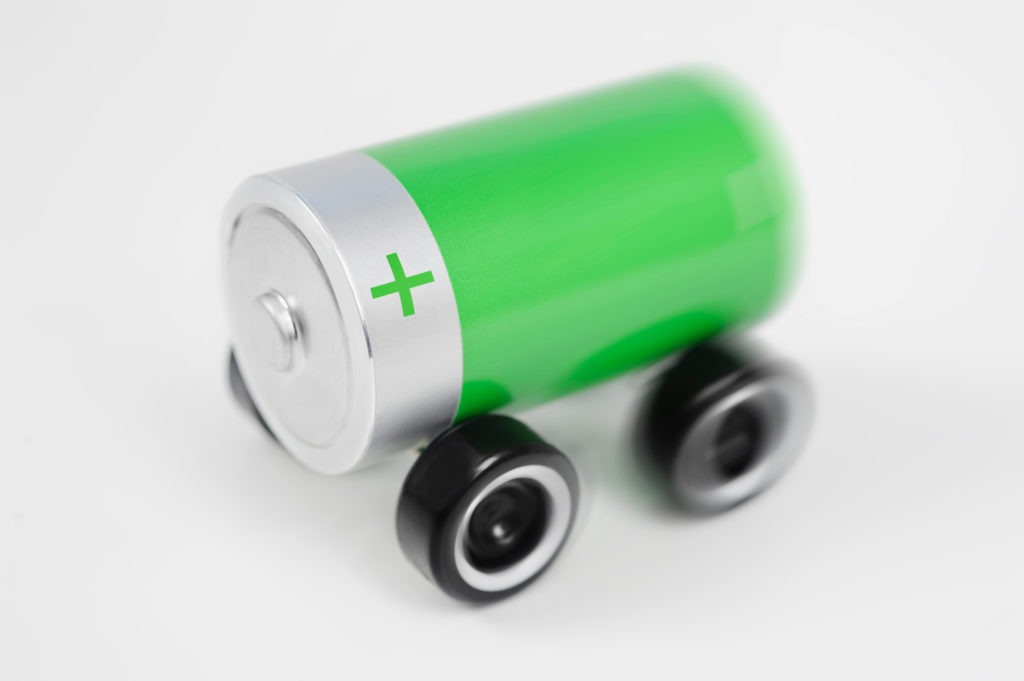UK Government backs domestic lithium exploration for EV batteries
12 June 2019

12 June 2019
The UK Government has backed a hunt for lithium reserves in the country as it looks to reduce reliance on foreign suppliers for a crucial component of electric vehicle (EV) battery technology.
A £246 million (€277 million) fund backed by politicians will sponsor a feasibility study into the possibility of extracting the material in the UK. The study, called ′Lithium for the UK,’ will involve the start-up company Cornish Lithium, the Natural History Museum, and consultancy Wardell Armstong.
A total of around £500,000 (€562,000) will be spent on the study by the Faraday Battery Challenge, which was set up by the Government in October 2017. ′It is undoubtedly a recognition that building a battery industry in the UK without a supply chain is an error,’ Jeremy Wrathall, chief executive of Cornish Lithium, said. ′Especially when there’s potentially one on your doorstep.’
Urgent need
The study follows a response by the Natural History Museum to the publication of a report last month, which outlines plans for all cars to be zero-emission in the UK by 2050.
′The urgent need to cut CO2 emissions to secure the future of our planet is clear, but there are huge implications for our natural resources not only to produce green technologies like electric cars but keep them charged,’ states museum professor Richard Herrington.
′Over the next few decades, the global supply of raw materials must drastically change to accommodate not just the UK’s transformation to a low carbon economy, but the whole world’s. Society needs to understand that there is a raw material cost of going green and that both new research and investment is urgently needed for us to evaluate new ways to source these.’
The museum states that to replace all UK-based vehicles today with EVs (not including the LGV and HGV fleets), assuming they use the most resource-frugal next-generation NMC 811 batteries, would take 264,600 tonnes of lithium carbonate – three quarters of the world’s lithium production during 2018.
The UK and European car industry is currently reliant on companies in Asia for supplies of lithium-ion batteries, which make up a large portion of the cost of an electric car. The batteries are made containing lithium that is extracted from Australia and Chile and then processed in China. Over the past few years, Chinese companies have expanded rapidly into the whole battery supply chain, buying up lithium mines in Australia and building large battery factories in China.
Further projects
The funding for lithium exploration is just one part of a £23 million (€26 million) package of projects aimed to boost EV development in the UK. A Jaguar Land Rover-led project to maximise battery performance while maintaining safety and a study looking into the use of artificial intelligence in battery manufacture, led by materials technology company Granta Design, have also been announced.
′We are committed to ensuring our world-leading automotive sector can flourish,’ Business and Energy Secretary Greg Clark said. ′These exciting new projects will build on the UK’s reputation for excellence, our rich heritage in the auto industry and pave the way for advances towards a cleaner economy.
′We will continue to invest in future car manufacturing, batteries and electrification infrastructure through our modern Industrial Strategy and today’s winners will be crucial in ensuring that the UK leads the world in the global transition to a low carbon economy – one of the greatest industrial opportunities of our time.’